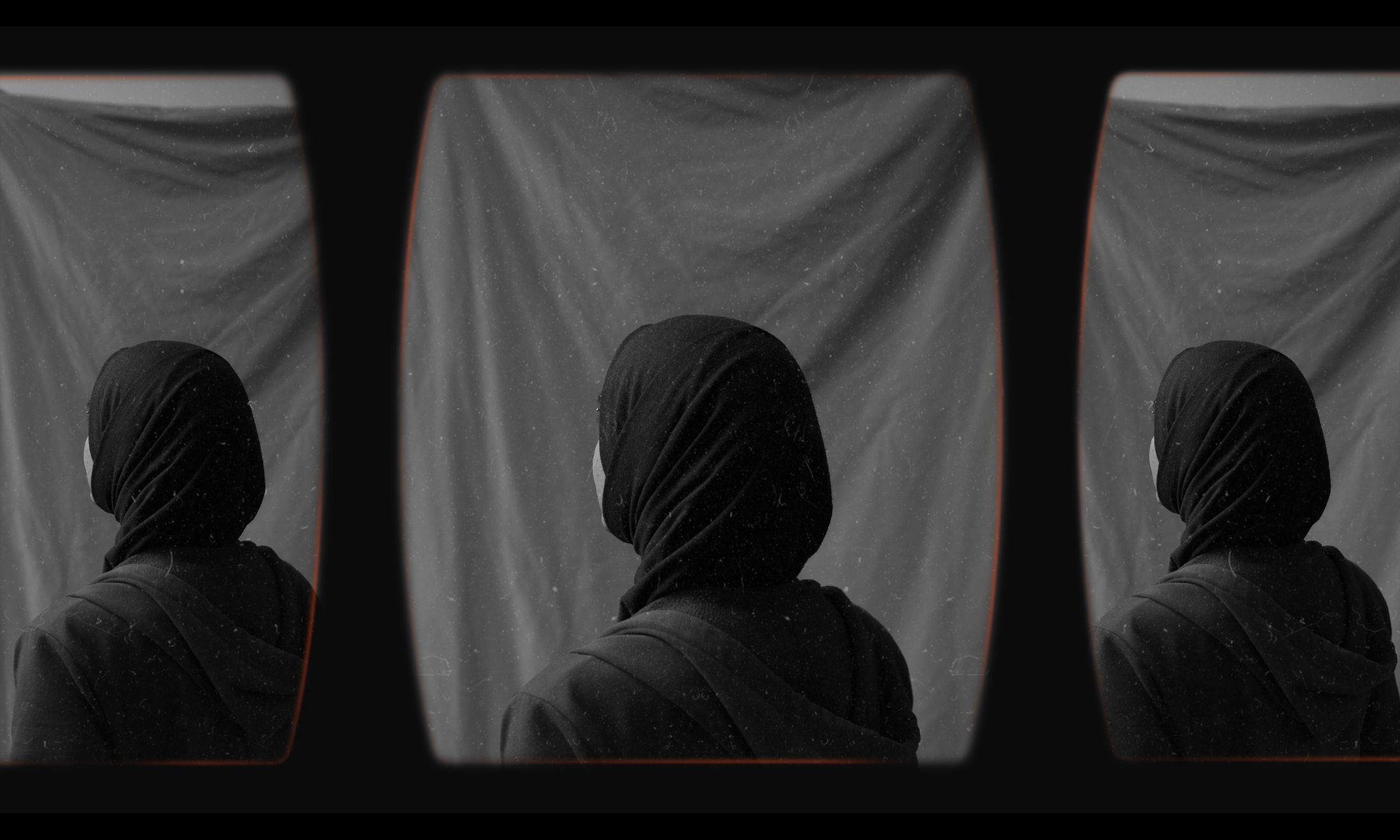
Image by patrickdevries2003 via flickr / flickr.com/photos/p_de_vries/
In a time of danger, queer and trans Muslims need their own Pride
As the UK’s first Muslim Pride, Imaan Fest, is postponed due to Covid-19, Erkan explores why queer Muslims need a physical space to meet and occupy.
Erkan Affan
01 Jun 2020
I love London. It’s the city I was born and raised in. You can walk down most streets and hear multiple languages in only a few minutes. You can watch as businessmen in drab grey suits and Waitrose bags awkwardly shuffle past aunties carrying vegetables from the local markets. London is a vibrant city, that much is true. However, it is also one in which you might increasingly find yourself asking the same question over and over again: do I feel safe here?
For most of us reading this piece, safety is neither a surprising question nor an unfamiliar conversation. Brexit has made it impossible to ignore the increase in violence across the country against ethnic and religious minorities, and London has been no exception to this. And what about the drastic increase of violence against queer communities too? As a queer Muslim and child of first-generation immigrants, threats of violence have been all too familiar realities for myself and those around me. Granted there are many pockets of the city where people come together and support each other, but the emboldened racism, queerphobia, transphobia and Islamophobia throughout society has left many of us with a troubling answer to the question above: no, I do not feel safe here.
Last year alone, the UK saw a 600% increase in Islamophobic incidents after the terror attack against Muslims in Christchurch, New Zealand. Just a few weeks ago, the UK’s Minister for Women and Equalities, Liz Truss, moved to legally block gender-affirming surgery before the age of 18, putting the lives of many young transgender people at risk. In short, we are living in a society that is increasingly hostile towards both religious minorities and the queer and transgender community.
“We face many complex experiences of marginalisation that people in our surroundings can rarely understand”
So, what are we supposed to do: should we be complacent with having to watch our backs as we make our way from space to space? Perhaps we’re expected to wait for more news to break of an assault in the city, or a fresh release of statistics demonstrating how we’re disproportionately targeted by physical and structural violence? Of course not. I am tired of watching my community placed merely as victims in the headlines. I am angry, and like many others around me, I want to use that anger to take up space and demand – never ask – for the recognition and rights that we deserve. I think that one of the most effective ways to achieve this is by occupying physical space. In a city where queer venues are perpetually closing due to unchecked gentrification, physical space is of paramount relevance. Physical space is political. It allows us to create and control our own narrative, including how, where and by whom we are seen or heard.
Specifically, regarding the queer and trans* Muslim experience in the UK, this was and is exactly the intention of the now-postponed Imaan Fest (originally scheduled to take place on 12 April but rightfully pushed back to December due to coronavirus). Reported on as the UK’s first “Muslim Pride”, Imaan Fest is a festival organising across generations to address topics that we would struggle to find community-sourced answers to elsewhere. One of the organisers invited me to curate a session focusing on Islam, queerness and the Middle East and North African (MENA) region. I was brainstorming about creating a roundtable discussion on political authorship and partnership as a community and was similarly thinking about addressing the topic of “coming out” and tackling the Eurocentric notion of “announcing” one’s sexuality and gender identity and how to navigate this expectation of “outness” when part of a Muslim community and family.
“I am angry, and like many others around me, I want to use that anger to take up space”
When I reached out to friends and subsequently received eager responses to get involved and volunteer, I was reminded about how much we as queer Muslims need such political manifestations of physical space in the UK. We face many complex experiences of marginalisation that people in our surroundings can rarely understand. Early on in our lives, we find ourselves at a loss with how to unify our identities with our family backgrounds and many of us have little guidance or support on how to mitigate this. Instead, we are regularly bombarded with questions like: how can you be Muslim and queer? Or isn’t Islam anti-gay and anti-women? (10 points if you guess who recently said this on a very popular – and equally problematic – LGBT television show last month).
Such frequent experiences with gaslighting lead us to believe that our very existence is a walking contradiction, an anomaly of queer communities and the Muslim diaspora. Well, Imaan Fest challenges this and proves both to us and our surroundings that we are neither mute nor irrelevant. It shows us that we don’t have to be on an island, in the metaphorical sense at least. Perhaps most importantly, what the conception of Imaan Fest does for me and the many other young and queer Muslims in the UK is provide us with an opportunity to politically contextualise our identities as part of a wider intersecting community, and the physical space in which to productively cultivate positive visibility whilst doing so.
*Umbrella term for all who do not fit into the cisgender binary







